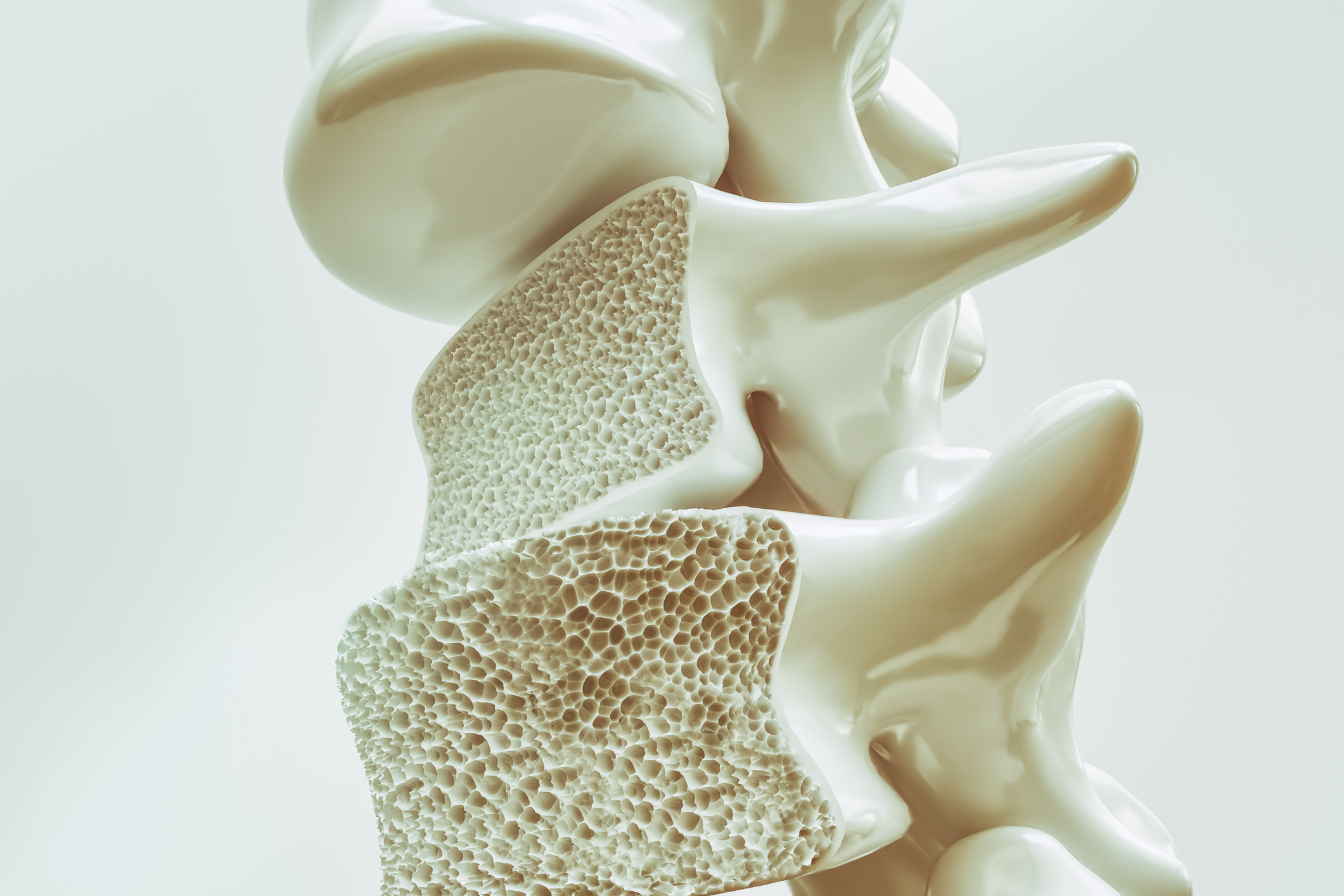
Bone density is primarily influenced by two factors: bone formation and bone resorption. These processes are tightly regulated by various factors and hormones in the body.
- Bone Formation: Bone is continuously being remodeled throughout life, with old bone being broken down and new bone being formed. Osteoblasts are cells responsible for bone formation. They secrete collagen and other proteins that create the framework for new bone. Calcium and other minerals are deposited within this framework, making the bone hard and strong.
- Bone Resorption: Osteoclasts are cells that break down and remove old or damaged bone tissue. They release enzymes that dissolve the minerals and collagen, allowing for the removal of the old bone.
Several factors can affect bone density:
- Hormones: Hormones play a crucial role in bone density regulation. Estrogen, for example, helps maintain bone density in women. During menopause, when estrogen levels decline, bone loss can accelerate. Similarly, in men, testosterone helps maintain bone density, and low testosterone levels can lead to bone loss.
- Calcium and Vitamin D: Calcium is a vital mineral for bone health. It is necessary for proper bone mineralization. Vitamin D helps the body absorb calcium from the diet. Inadequate intake of calcium or vitamin D can lead to reduced bone density.
- Physical Activity: Weight-bearing exercises and activities that put stress on the bones, such as walking, running, or resistance training, help stimulate bone formation. Lack of physical activity or prolonged immobilization can lead to bone loss.
- Age: Bone density generally increases during childhood and adolescence, reaching its peak around the age of 30. After that, bone density gradually declines with age. Older adults are at a higher risk of developing osteoporosis, a condition characterized by low bone density and increased fracture risk.
- Genetics: Genetic factors can influence bone density. Some individuals may have a higher genetic predisposition to lower bone density or conditions like osteoporosis.
- Medical Conditions and Medications: Certain medical conditions, such as hormonal disorders or gastrointestinal disorders, can affect bone density. Additionally, long-term use of certain medications, like corticosteroids, can contribute to bone loss.
It’s important to maintain a healthy lifestyle, including a balanced diet, regular exercise, and sufficient intake of calcium and vitamin D, to support optimal bone density. If you have concerns about your bone health, it is best to consult with a healthcare professional for an accurate evaluation and appropriate guidance.
See More on Video

The Bone Density Solution By Shelly Manning The program is all about healthy food and healthy habits. As we discussed earlier, we develop osteoporosis due to low bone density. Therefore, you will have to choose the right food to help your calcium and other vitamin deficiencies.